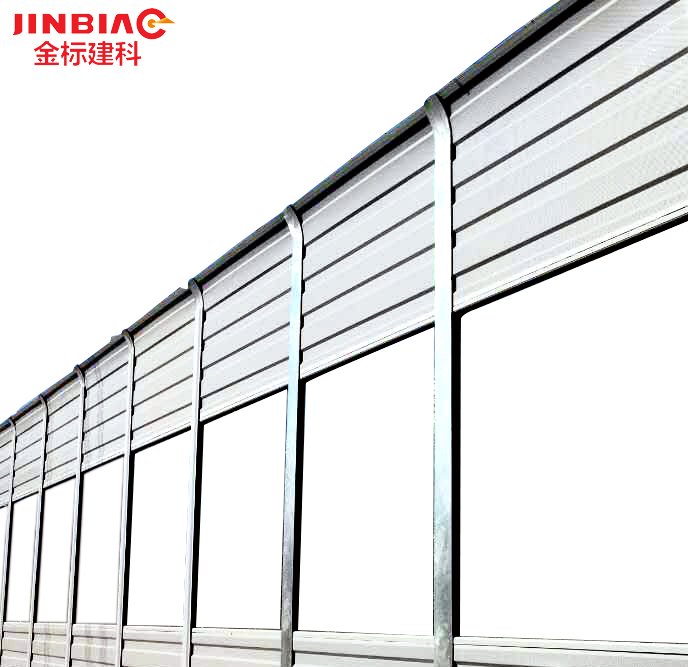With urban spaces changing faster these days, so does the way noise travels and occupies spaces that are supposed to be peaceful and quiet. This situation has resulted in increased demand for noise control barriers in Singapore, where commercial, industrial, and mixed-use spaces are continuously growing.
Noise control barriers reduce sound levels by blocking the travel of sound waves from an external source. They protect the property from being directly exposed to noise pollution, especially when it is situated near places such as roads or running machinery. These barriers force the waves to go to the top or around them.

Reasons to invest in a noise barrier
Noise control barriers in Singapore have since become a construction commodity due to a number of reasons. The main reason is Singapore is developing its commercial, industrial sectors, therefore, it is impossible to avoid generating noise. If you are thinking about investing in one for your property but are having second thoughts, below are the following considerations:
1. Better communication.
Communication is essential in any area. We learn through communicating. We convey our ideas through communication. We get things done when we are able to communicate properly with our colleagues and peers.
Since noise is unwanted sound in the surrounding environment, it can be challenging to communicate with your peers. It can be distracting to talk to each other, hold meetings, or even make phone calls because of the sound that can be heard in the background.
Noise barriers are effective in reducing surrounding unwanted sounds from being heard in the background. Interior spaces then become suitable for engaging in conversations and meetings because of lesser noise present.
2. Increased workspace efficiency.
According to various studies, noise in workplaces does more than distract employees from completing their tasks for the day. A noisy work environment also causes negative moods, which then lead to lack of concentration.
Unwanted background noise also causes stress levels to rise and may result in workers acquiring health problems such as hypertension and migraine.
Mitigating noise in the environment by means of noise barriers makes spaces more conducive for doing actual work tasks. Employees who conduct their activities in these places become more comfortable in their workstations and get to fulfil their tasks effectively.
3. Increased productivity.
Apart from workplace efficiency, being capable of managing the level of surrounding noise in a property also increases productivity. It is because managed noise helps reduce constant interruptions that may affect workers’ ability to focus. When workers are distracted, so is the quality of their output by the end of the day.
Increased productivity through well-managed background noise can also be observed in commercial spaces, where there is more than a single source of sound. By using noise barriers, acoustics are kept in their dedicated enclosures and not get in the way of each other.
For instance, bars and clubs play loud music during their operating hours, and they are usually located in one business complex. Their interiors are built with noise barriers so that they can play loud music simultaneously without affecting each other’s areas and distract their patrons.
4. Effect on wildlife.
Noise pollution also has a profound effect on existing wildlife, since animals are heavily dependent on sound. It has become a must for industrial structures like factories and production plants to install noise barriers to maintain safe wildlife.
In case you are operating and maintaining an industrial property where heavy equipment is used for operations, noise barriers can be a good investment. They not only keep sound levels from traveling to far distances; they also help keep noise at tolerable levels that don’t disrupt the lives of surrounding wildlife.
